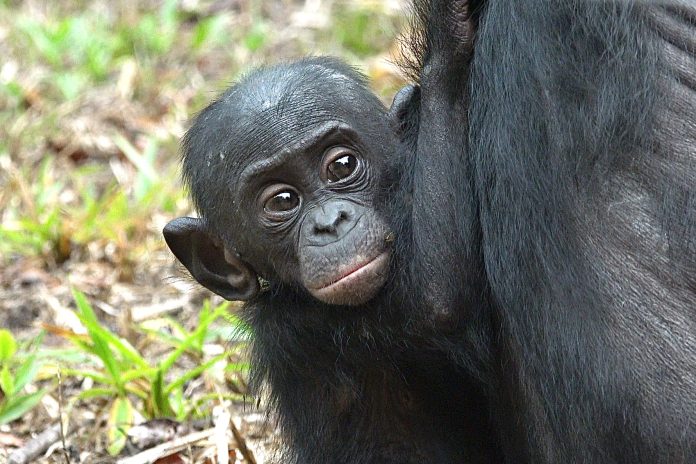
14 Rehabilitated Bonobos Are Returned To The Wild In The Congo; This Is The Second Time In History This Has Happened For The Endangered Species
You can help all animals and our planet by choosing compassion on your plate and in your glass. #GoVeg

You can help all animals and our planet by choosing compassion on your plate and in your glass. #GoVeg